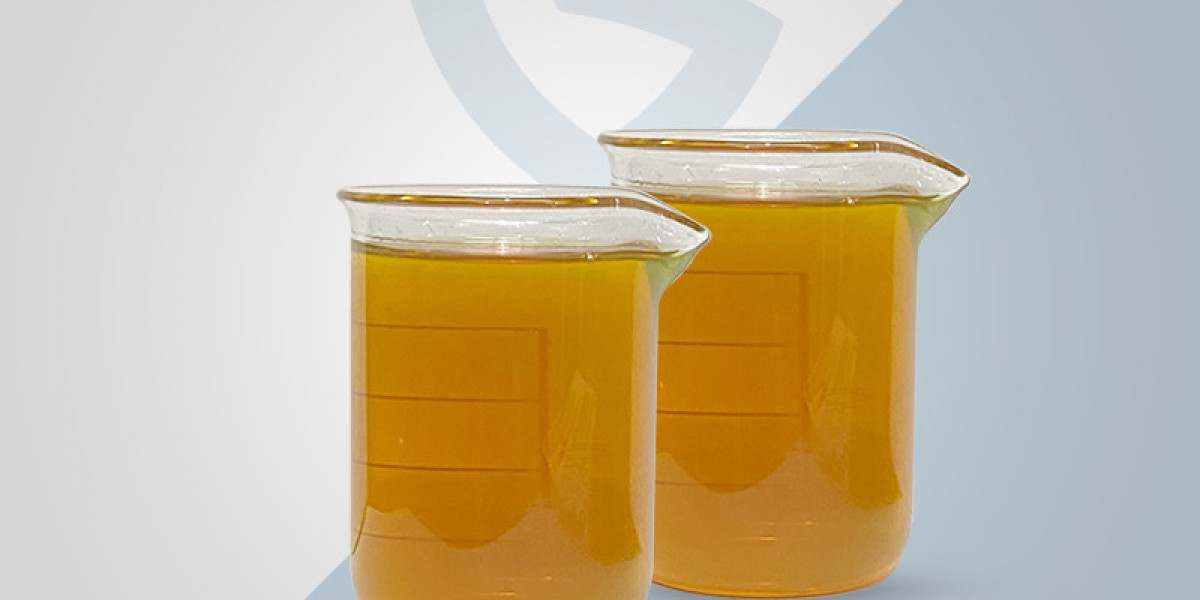Every vehicle needs lubrication to function efficiently, and at the heart of every lubricant is base oil. It forms the backbone of engine oils, transmission fluids, and other essential lubricants that keep your vehicle running smoothly. But what exactly is base oil, and why is it so important? Let’s dive in and explore everything about base oils for vehicles.
What is Base Oil?
Base oil is the primary component of lubricating oils, making up 70-90% of the total formulation. It serves as a carrier for additives that enhance performance, such as anti-wear agents, detergents, and viscosity improvers.
Importance of Base Oil in Vehicle Lubrication
Base oil plays a crucial role in reducing friction, minimizing wear, and maintaining the overall efficiency of a vehicle’s engine and components. The quality of base oil directly affects the performance, longevity, and environmental impact of the lubricant.
Types of Base Oil
Group I Base Oil
- Least refined and contains more impurities.
- Used in older vehicle lubricants and industrial applications.
Group II Base Oil
- More refined than Group I, with improved oxidation stability.
- Commonly used in conventional motor oils.
Group III Base Oil
- Highly refined mineral oil with superior performance.
- Often marketed as synthetic oils due to high purity levels.
Group IV (PAO) Base Oil
- Fully synthetic oil made from polyalphaolefins (PAO).
- Offers excellent viscosity control and performance in extreme temperatures.
Group V Base Oil
- A category for special base oils such as esters and silicone oils.
- Used in specific high-performance and industrial applications.
How is Base Oil Produced?
Base oils are derived from crude oil refining or synthesized chemically. The refining process involves distillation, hydrocracking, and purification to remove impurities and enhance properties. Finding a brake oil manufacturer in India that offers high-quality and reliable products is essential for vehicle safety.
Synthetic vs. Mineral Base Oil
Feature | Mineral Base Oil | Synthetic Base Oil |
Origin | Derived from crude oil | Chemically engineered |
Performance | Moderate | High |
Cost | Lower | Higher |
Stability | Less stable at extreme temperatures | Excellent stability |
Properties of High-Quality Base Oil
- High Viscosity Index – Maintains stable viscosity across temperature changes.
- Low Volatility – Reduces oil consumption and emissions.
- Good Oxidation Stability – Prevents sludge formation and degradation.
- Excellent Lubricity – Minimizes wear and tear on engine components.
Factors to Consider When Choosing Base Oil for Your Vehicle
- Vehicle Type: Passenger cars, heavy-duty trucks, or motorcycles may require different base oils.
- Driving Conditions: Extreme weather or high-performance demands may require synthetic oils.
- Manufacturer Recommendations: Always refer to your vehicle’s manual.
- Oil Change Intervals: High-quality synthetic base oils last longer.
Benefits of Using High-Quality Base Oil
- Improved Engine Efficiency
- Extended Oil Change Intervals
- Reduced Wear and Tear
- Better Fuel Economy
- Lower Emissions
Common Applications of Base Oil in the Automotive Industry
- Engine Oils – Keeps the engine lubricated.
- Transmission Fluids – Ensures smooth gear shifts.
- Gear Oils – Lubricates gears in differentials and gearboxes.
- Hydraulic Fluids – Used in power steering systems.
Environmental Impact of Base Oil
The production and disposal of base oils can affect the environment. Spills, leaks, and improper disposal contribute to soil and water pollution.
Recycling and Re-refining of Used Base Oil
To reduce environmental impact, used base oils can be re-refined and purified for reuse. This process conserves resources and reduces waste.
Future Trends in Base Oil Technology
- Development of Bio-Based Base Oils
- Improved Synthetic Oil Formulations
- Advanced Recycling Technologies
Conclusion
Base oil is the foundation of all vehicle lubricants, playing a vital role in engine performance and longevity. Choosing the right base oil ensures smooth operation, better fuel efficiency, and reduced emissions. As technology advances, we can expect even more efficient and environmentally friendly base oils in the future.
Frequently Asked Questions (FAQs)
1. What is the difference between synthetic and mineral base oil?
Synthetic base oils are chemically engineered for superior performance, while mineral base oils are refined from crude oil and have more impurities.
2. Can I mix different types of base oil?
It’s not recommended, as different base oils have varying chemical compositions and performance characteristics.
3. How often should I change my engine oil?
It depends on your vehicle type and oil quality. Synthetic oils generally last longer than conventional mineral oils.
4. Is synthetic base oil better for high-mileage vehicles?
Yes, synthetic base oils offer better protection and longevity, making them ideal for high-mileage vehicles.
5. What happens if I use the wrong base oil in my vehicle?
Using the wrong base oil can lead to increased engine wear, poor performance, and potential damage over time.







